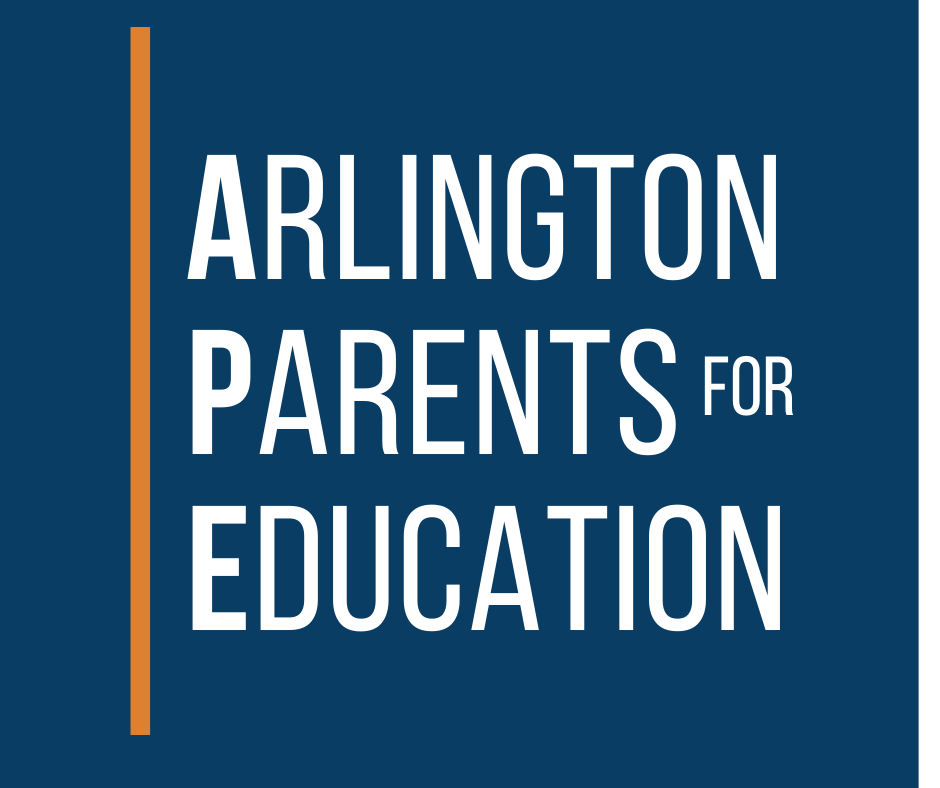Development of Comprehensive APS Virtual Learning Program Ended
The School Board ended APS’ development of a comprehensive Virtual Learning Program (VLP) for future school years at a work session on December 13, 2022. Although no formal vote was taken, the School Board members decided to terminate such efforts, and Dr. Durán implied he supported its termination.
The School Board and Dr. Durán did decide to continue “exploring and developing virtual options for students,” which largely appears to be APS returning to its pre-pandemic use of virtual learning. For instance, secondary students who are interested in courses not offered by APS may request enrollment in virtual courses offered through VDOE approved vendors. These kinds of options have been available at APS since 1993.
Dr. Kanninen articulated her support for ending the development of a comprehensive VLP, stating that it would be at the cost of other more important priorities, such as the Math department’s request for 34 additional math interventionists. In response to a comment from Mr. Priddy that the School Board didn’t have enough information to rule out a comprehensive VLP, Dr. Durán explained that significant resources would be needed to develop a comprehensive VLP, including in the upcoming budget, suggesting that budget priorities need to be elsewhere.
For the 2020-21 school year, APS’ then-comprehensive VLP was funded from federal funds APS received from the American Rescue Plan. While Congress had prioritized those funds for learning loss and the law required districts to allocate at least 20% to address learning loss, APS spent more than half of those funds on the VLP, categorizing it as “total cost not learning loss.” Moreover, the VLP was plagued with operational problems to which APE drew early attention and many students lacked teachers for the first quarter of the year. Moreover, students with disabilities enrolled in the VLP were assessed for compensatory services related to the VLP’s operational failures, and APS was responsible for providing several thousand compensatory hours to those students.
Although APE continues to be disappointed that APS allocated more than half of its federal relief money to a program that caused students to fall farther behind, we appreciate that the the School Board is now prioritizing the learning loss needs of our students, including those students who were enrolled in the VLP program.
One outstanding issue for the School Board (and for which the School Board did not have enough information) is whether APS will offer a VLP next school year for the 30-40 APS students using the VLP this school year because of medical reasons. Prior to COVID, students who could not attend school in person because of medical reasons received homebound instruction or attended a third party virtual school like Virtual Virginia.
Fairfax County Public Schools only offered a virtual learning program for students with medical reasons in the 2020-21 school year and ceased offering one altogether this school year. This school year, APS used third party vendors (like Virtual Virginia) to provide core instructional services to these 30-40 APS VLP students, while APS directly provides certain supplementary services. At the work session, APS discussed some of the shortcomings if APS, like FCPS, ended its VLP program for these students and they went directly into Virtual Virginia.
APS did not have information at the work session as to the budgetary impacts of the VLP options, but will be providing such information in the future. We hope that APS will provide a public comparison of the costs and benefits of continuing a virtual program for these 30-40 students relative to the existing options for these students.
